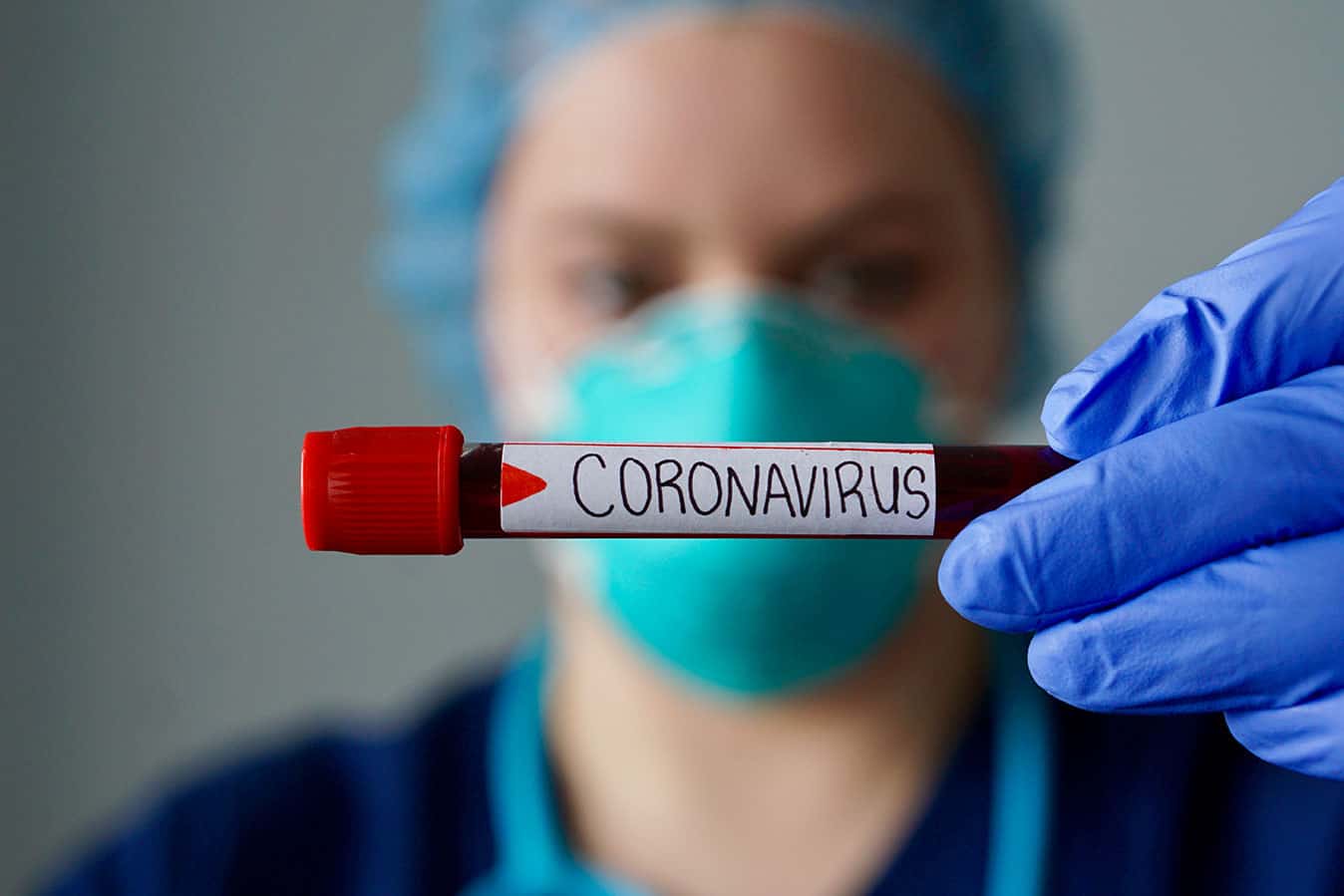The World Health Organization (WHO) has declared the global coronavirus outbreak a pandemic amid ‘alarming levels’ of spread and severity and inaction by some countries.
WHO’s Director General Dr Tedros Adhanom Ghebreysus announced the decision in Geneva this morning, saying it expects COVID-19, which has already triggered 118,000 cases across 114 countries, including 4,291 deaths, to escalate in coming weeks.
Dr Tedros said WHO had been monitoring the outbreak ‘around the clock’ and was deeply concerned about its spread and severity and slow government responses.
“Pandemic is not a word to use lightly or carelessly,” Dr Tedros cautioned.
“It is a word that, if misused, can cause unreasonable fear, or unjustified acceptance that the fight is over, leading to unnecessary suffering and death.
“It doesn’t change what WHO is doing and it doesn’t change what countries should do.”
Dr Tedros implored all countries to step up efforts to fight the coronavirus.
“We cannot say this loudly enough, or clearly enough, or often enough, all countries can still change the course of the pandemic,” he said.
“If countries detect, test, treat, isolate, trace and mobilize their people in the response, those with a handful of cases can prevent those cases becoming clusters and those clusters becoming community transmission.”
Dr Tedros acknowledged some countries were struggling to tackle the coronavirus due to lack of resources, capacity and resolve.
He praised the efforts of Iran, Italy and the Republic of Korea, among the hardest hit countries, to slow down the virus and control epidemics.
“All countries must strike a fine balance between protecting health, minimising economic and social disruption and respecting human rights.”
WHO is calling on governments and societies to band together to implement comprehensive strategies to prevent infections, save lives and minimise impact.
Dr Tedros outlined for key areas – preparation, detection, protection and treatment, reducing transmission and innovation and learning.
“I remind all countries that we are calling on you to activate and scale up your emergency response mechanisms. Communicate with your people about the risks and how they can protect themselves – this is everybody’s business.”
A letter addressed to nurses and midwives written by Australia’s Chief Nursing and Midwifery Officer, Alison McMillan, describes the professions as fundamental to meeting community needs in the complex battle against coronavirus and praises their response since the outbreak.
“I thank you for your efforts so far in containing the spread of the disease and encourage you to maintain your vigilance in assisting to prevent its further transmission,” Ms McMillan said.
“There is the very real possibility that larger scale community outbreaks will occur across Australia, placing a significant burden on the health and aged care system, in which you play a critical role.”
Ms McMillan said the Commonwealth would continue to provide updated advice to health professionals and would be undertaking a broad community education campaign about COVID-19 focusing on the value of basic standard hygiene messages such as hand washing, cough etiquette and social distancing in order to prevent transmission.
Ms McMillan explained that the majority of people with coronavirus have a mild disease not requiring any specific health intervention.
She said Australia’s current response is focused on early identification of cases, isolation, contact tracing and quarantine where required.
If more widespread community transmission occurs, the focus will shift to early detection and home isolation of cases to prevent or delay transmission, with less emphasis on identifying contacts generally unlikely to be very infectious, she added.
In healthcare settings, Ms McMillan said surgical masks provide the best personal protective equipment (PPE) when assessing potential COVID-19 cases, with evidence suggesting droplet spread is the main mode of transmission.
Current PPE guidelines endorsed by the infection control committee are available on the Department of Health’s website.
“No one can accurately predict how the COVID-19 outbreak will develop in Australia,” Ms McMillan said.
“Our collective response has to be flexible and collaborative. The Australian Government has committed to provide the necessary resources to support response in whatever form it needs to be.”
Updating registered health practitioners on Australia’s response to the coronavirus, Nursing and Midwifery Board of Australia (NMBA) Chair Associate Professor Lynette Cusack said they play a vital role in treating and containing the virus and must follow national public health directions during the rapidly evolving situation.
Associate Professor Cusack said the NMBA recognises many health practitioners might be feeling anxious or concerned about providing the best care to patients and clients during the coronavirus.
“We encourage all registered health practitioners to work with colleagues and people using services, to use your professional judgement to assess risk, and to deliver safe care informed by any relevant guidance and the values and principles set out in professional standards and the codes of conduct for your profession.
“We also encourage you to take steps to look after your health, including to seek help when needed.”








